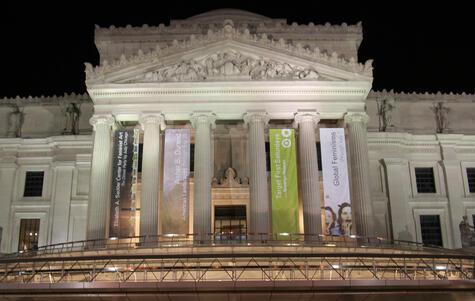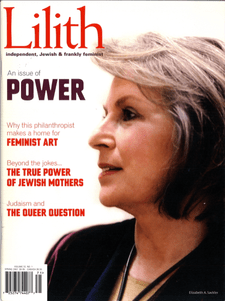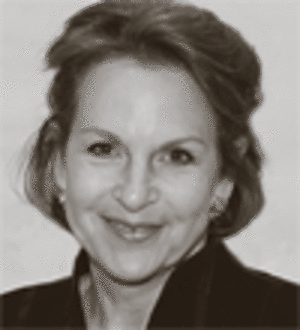Elizabeth A. Sackler
Banners are symbols, announcements, and glorious statements. Banners have become ritual objects in cities, bringing attention to events and happenings.
Museums use banners to excite, entice, and lure the public with an aesthetic in-your-face pronouncement of what there is to see inside, to enter, and to become a part of.
The Elizabeth A. Sackler Center for Feminist Art opened at the Brooklyn Museum to the Public on March 23, 2007. The Ribbon Cutting, Press Conference and private opening were on the morning on March 22nd. That morning, when my family and I approached the Brooklyn Museum on Eastern Parkway, the wide 19th century boulevard that the Brooklyn Museum graces, its classic façade came into full view, and the sight was thrilling.
Hanging proudly from the museum’s façade, sparkling in the morning light, was the Sackler Center’s banner, a ceremonial object declaring the Center’s existence. For all of us, the Elizabeth A. Sackler Center for Feminist Art banner and what it stands for – justice, equality, and equity for all – was a statement to the world, a coming of age for me, and a stake in the ground for all people, forevermore.
We had arrived.
And so has the Sackler Center. For five years, the Elizabeth A. Sackler Center for Feminist Art has continued to fulfill its commitment to the past, present, and future of feminist art and as the permanent home of The Dinner Party by Judy Chicago. Through the award-winning design of its exhibition and education spaces, the Sackler Center strives to raise awareness of feminism's cultural contributions. Dialogue and debate about feminist art, theory, and activism take place in the Sackler Center’s Forum and ground-breaking exhibitions are held in its Feminist Art and Herstory galleries. The Council for Feminist Art, a membership group enjoying the benefits of special events, supports the ongoing educational programming and the continuing success of the Elizabeth A. Sackler Center for Feminist Art.
On April 18, 2012, the Sackler Center celebrates its fifth anniversary with the Sackler Center First Awards, honoring contemporary women who are first in their fields: Associate Justice Sandra Day O’Connor (Ret.), Marin Alsop, Connie Chung, Johnnetta B. Cole, Wilhelmina Cole Holladay, Sandy Lerner, Lucy R. Lippard, Chief Wilma Mankiller (posthumous), Toni Morrison, Linda Nochlin, Jessye Norman, Judith Rodin, Muriel Siebert, Susan Stroman, and Faye Wattleton.
Join us!
Elizabeth A. Sackler is a public historian and arts activist (she calls herself a “Matron of the Arts”) whose name adorns the Elizabeth A. Sackler Center for Feminist Art at the Brooklyn Museum. Along with bringing feminist art to a major cultural institution, the Center highlights women’s contributions in all fields throughout history. A self-proclaimed “child of the 60s,” Elizabeth was profoundly influenced by the protests of the Civil Rights Movement. A steadfast advocate for the rights of American Indians, she established the American Indian Ritual Object Repatriation Foundation in 1992. She continues to lecture and write about ethics and morality in the art market and beyond.






